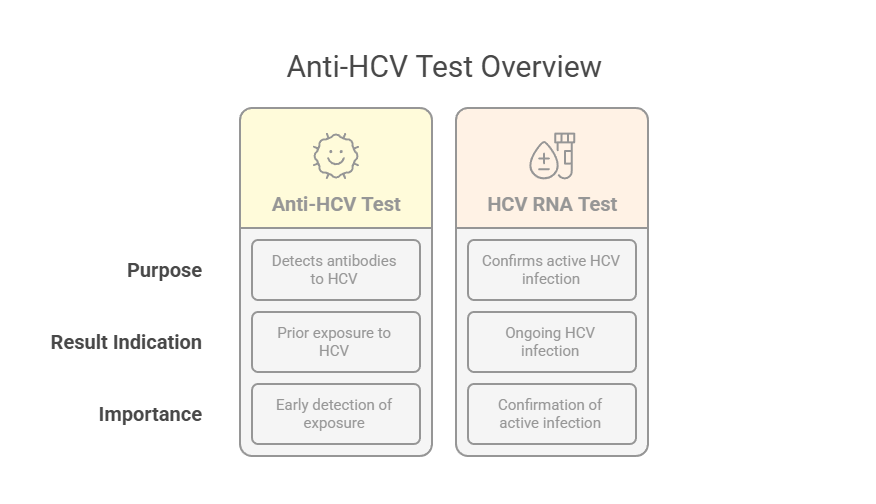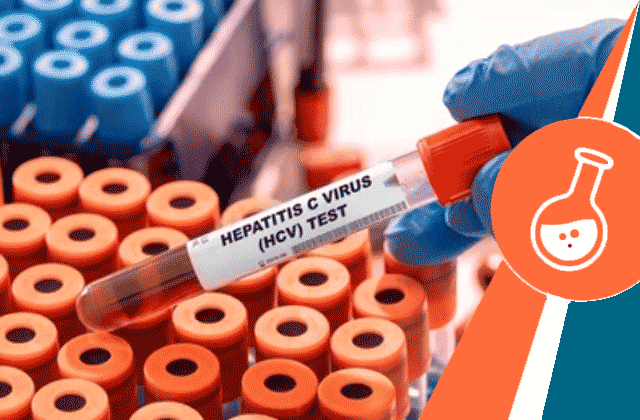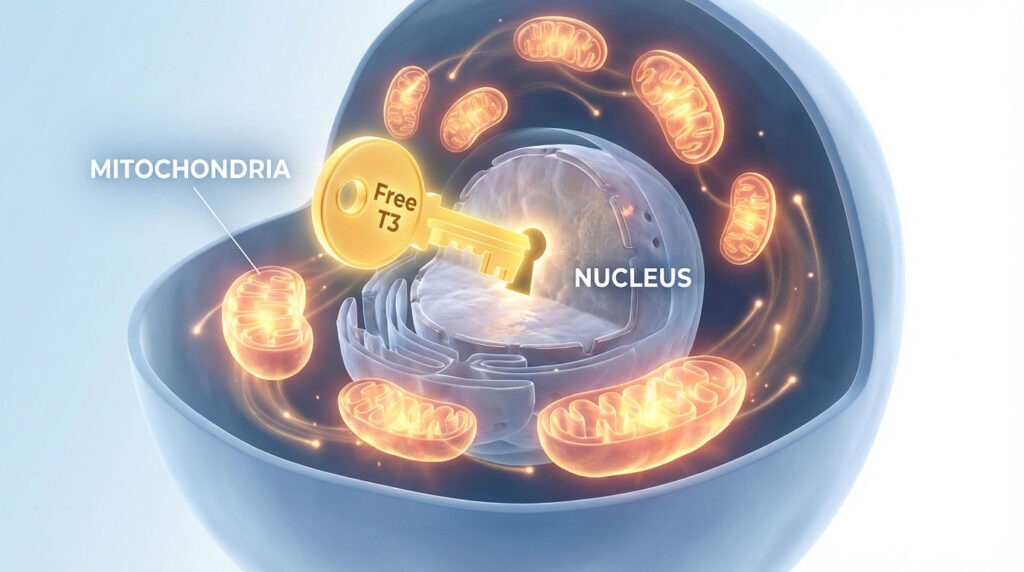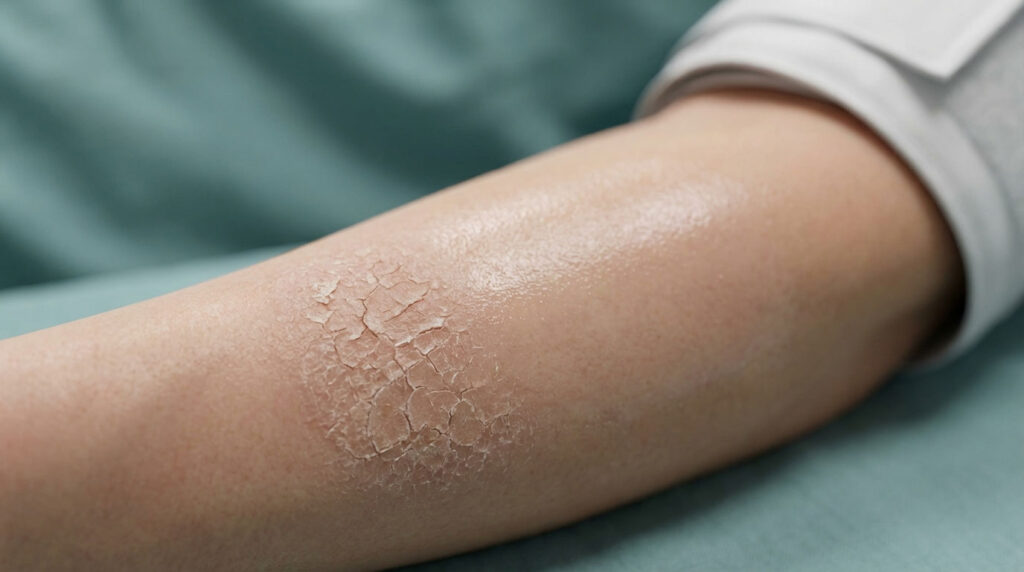
What Is Anti-HCV Test
An anti-HCV test is an antibody test used to detect the presence of antibodies to the hepatitis C virus (HCV) in a person’s blood. The test is used to diagnose HCV infection and determine if a person has been exposed to the virus. A positive test result indicates that a person has been exposed to HCV. Still, it does not mean they currently have an active infection. Further tests, such as an HCV RNA test, are needed to confirm the current infection and determine if the person has chronic HCV.
About Hepatitis C Test
The Hepatitis C virus (HCV) is a blood-borne virus that causes liver inflammation and can lead to severe liver damage, including liver cirrhosis and liver cancer. The virus is primarily spread through contaminated blood, such as sharing needles or other equipment to inject drugs, or receiving a blood transfusion or organ transplant before 1992 when widespread blood supply screening began.The Hepatitis C test is a blood test that screens for antibodies to the HCV in a person’s blood. Antibodies are proteins produced by the immune system in response to an infection, and their presence in the blood indicates that a person has been exposed to the virus. The Anti-HCV test is a crucial tool in the early detection and diagnosis of HCV infection.
Why Do I Need HCV Antibody Test?
An hepatitis C antibody test is performed to determine if you have been infected with the hepatitis C virus. This test is essential because hepatitis C can cause serious liver damage, including cirrhosis and liver cancer, if left untreated.
Medical experts recommend the Hepatitis C test for people at risk of infection, such as those with a history of injecting drugs or receiving a blood transfusion before widespread screening of the blood supply began in 1992.If you have any concerns or risk factors, you should consult a healthcare provider to determine if an hepatitis C test is right for you.
How To Prepare For HCV Antibody Test?
Here are some general suggestions for preparing for an Anti-HCV test:
- Consult your physician: Discuss any drugs or medical conditions that may affect the test results.
- Avoid alcohol: It is advisable to avoid drinking alcohol a few days before the test.
- Fast before the test: Fasting is not usually required before an hepatitis C test, but your doctor may ask you to refrain from eating or drinking anything (other than water) for a specified period before the test.
- Wear comfortable clothing: Wear comfortable clothing so that the expert can easily access the area from where the blood will be drawn.
To guarantee accurate test results, it is critical to follow your doctor’s instructions as well as any additional suggestions offered by the testing institution.
What Happens During Hepatitis C Testing?
- Your doctor will next draw blood from a vein in your arm to determine whether you have HCV antibodies in your system.
- The HCV antibody test detects the presence of HCV antibodies in your blood, which are produced by your body in response to the infection. If you have Hepatitis C, it means you have been exposed to the virus.
- However, this does not always suggest that you are infected with HCV.A positive test result necessitates additional testing to confirm the virus’s presence and identify whether or not it is still active.
Finding Hepatitis C Test
Can I Take Anti-HCV Test At Home?
Yes, there are home test kits available for detecting HCV (hepatitis C virus) antibodies. These tests usually require a small blood sample obtained by pricking your finger and can provide results in a matter of minutes.
However, it’s important to note that home tests are less accurate than laboratory tests. A positive result should be confirmed by a healthcare professional.You can call a professional from your nearest diagnostic center to get your blood sample collected from the comfort of your home.
How Much Does Anti-HCV Test Cost?
The hepatitis C test price depends on the diagnostic center you choose to get it done. In most cases, if you have insurance coverage, it covers the expense of the test, else you can always purchase a new plan at affordable rates.
Test Results Interpretation
You received your Anti-HCV test results but still need help determining if you have antibodies in the normal range. Read this section to understand how to go about your diagnosis with your healthcare professional.
What Do HCV Test Results Mean?
If you test positive for HCV antibodies, you should follow up with an HCV RNA test and possibly additional tests to assess the severity of the liver damage. You may also need to undergo treatment with antiviral medications to prevent the progression of liver damage and reduce the risk of complications, such as Liver cirrhosis and liver cancer.
What Is Anti-HCV Test Normal Range?
The hepatitis C test normal range is negative, meaning no antibodies to HCV are detected in the blood. A positive result implies that a person was exposed to the HCV virus and generated antibodies against it, indicating a probable present or previous HCV infection.
However, it is important to note that a positive Anti-HCV result does not necessarily indicate that a person is currently infected with HCV, as your body may have already eradicated the virus. Further HCV RNA testing, it is required to confirm the presence of the virus in the body and identify if a person is currently infected.
Why Choose HealthcareOnTime
Convenience at Your Doorstep
Ever wished for healthcare that comes to you? HealthcareOnTime makes it a reality with doorstep lab testing, cutting out clinic hassles. No more queues or travel stress. Experience at-home sample collection, prioritizing health without time constraints. —your path to health, now just a doorstep away!
Affordable Testing with Thyrocare Partnership
Experience cost-effective lab testing at-home with HealthcareOnTime’s exclusive partnership with Thyrocare. Benefit from competitive prices while ensuring precise results. Our collaboration with Thyrocare Technologies Limited guarantees affordability without compromising on the accuracy and reliability of your lab test.
Comprehensive Health Screening
At HealthcareOnTime, we’ve got your back with our comprehensive health checkup packages! Take charge of your well-being by booking online. These packages empower you to stay ahead, catching potential issues early for timely management. It’s like having a health ally, and making informed decisions for a healthier, happier life.
Ref Links:
More Related Tests
Why To Book with HealthCareOnTime

17 Crores+ Samples Processed

World Class Technology Labs

25+ Years of Trust & Experience

Free Home Collection
FAQs Around Anti-HCV Test - Hepatitis C Antibody Test
Which hepatitis is not curable?
Hepatitis B and C are not currently curable. Still, you can manage them with medication to slow the progression of liver damage and reduce the risk of complications. A vaccine is available for Hepatitis B, and antiviral treatment can effectively manage chronic Hepatitis B and C infections.
Is HCV positive curable?
Yes, hepatitis C (HCV) is curable by leveraging antiviral medications taken for 8-12 weeks. The cure rate for HCV infection is as high as 99% with the newest antiviral treatments, but the treatment success depends on factors like, HCV strain, the patient’s overall health, & any other liver disease.
What is considered a high viral load for Hep C?
A high viral load for hepatitis C (HCV) is generally considered when the level exceeds 800,000 IU/mL. However, its definition can vary depending on the type of HCV and the individual patient’s health status, so it’s best to consult a healthcare provider for a more specific and accurate answer.
Can HCV antibodies disappear?
Yes, HCV antibodies can disappear in some individuals, but the time frame for this can vary. Factors influencing the disappearance of HCV antibodies include the individual’s immune response, the amount of HCV in the blood, and the course of treatment received.
What causes HCV to be positive?
Hepatitis C positive is caused by the Hepatitis C virus, which transmits through blood-to-blood contacts, like sharing needles, receiving a blood transfusion or organ transplant, or being born to a mother with HCV. Less commonly, HCV can spread through sexual contact or accidental needle sticks.










